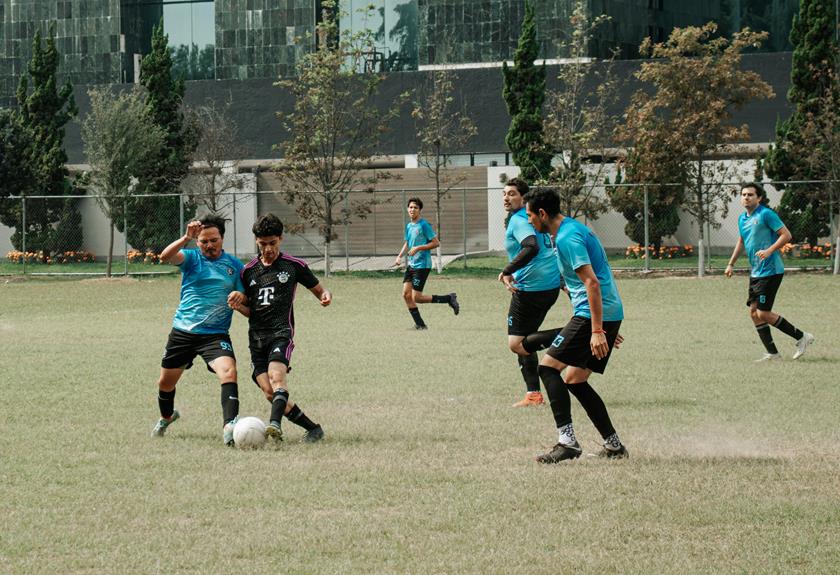Responsible gambling in iGaming safeguards players, fostering safe and enjoyable experiences while curbing addiction risks. Setting limits like time, deposit, loss, and wagering controls player spending and play duration. Identifying signs of problem gambling like obsession, secrecy, and financial woes is essential. Self-exclusion tools aid in player control, permitting limits and platform exclusion. Promoting a responsible gaming culture entails staff training, clear practice guidelines, and community awareness. Prioritizing these practices guarantees player well-being and industry integrity, key for sustainable iGaming enjoyment and profitability. Further insights await on implementing these pivotal measures effectively.
Importance of Responsible Gambling
Responsible gambling is essential in the world of online gaming because it protects players from potential harm and ensures a safe and enjoyable gaming experience. It promotes healthy habits, prevents addiction, and maintains the integrity of the gaming industry. By setting limits, being aware of risks, and seeking help when needed, players can engage responsibly and sustainably, contributing to a positive gaming environment for all.
Setting Limits for Safe Gaming
Setting limits for safe gaming is a fundamental practice that empowers players to manage their online gaming activities responsibly and proactively. By establishing boundaries on time and money spent, players can enjoy gaming while mitigating potential harm. Below is a table highlighting common limits that players can set to promote safe and enjoyable gaming experiences.
| Type of Limit | Description |
|---|---|
| Time Limits | Set limits on daily or weekly gaming time. |
| Deposit Limits | Restrict the amount of money deposited. |
| Loss Limits | Cap the maximum losses in a session. |
| Wagering Limits | Limit the amount wagered per bet. |
| Self-Exclusion | Opt for temporary or permanent self-exclusion. |
Recognizing Problem Gambling Signs
Recognizing signs of problem gambling is vital for promoting a safe and responsible gaming environment. It is essential to be vigilant and proactive in identifying potential issues. Signs of problem gambling may include:
- Persistent thoughts about gambling
- Hiding gambling habits from family and friends
- Financial difficulties due to excessive gambling
Tools for Self-Exclusion and Control
In promoting responsible gambling practices, implementing tools for self-exclusion and control is an essential step towards fostering a safe gaming environment.
These tools allow players to set limits on their gaming activities, such as deposit amounts, session durations, or self-exclude entirely from the platform.
Promoting Responsible Gaming Culture
To cultivate a culture of responsible gaming, fostering awareness and education among players and stakeholders is paramount.
- Implement mandatory responsible gaming training for all staff.
- Create clear guidelines on responsible gaming practices.
- Encourage open discussions on responsible gaming within the gaming community.
Conclusion
In summary, responsible gambling practices are vital in the igaming industry to guarantee the safety and well-being of players.
By setting limits, recognizing signs of problem gambling, and utilizing tools for self-exclusion and control, players can enjoy gaming in a safe and responsible manner.
It is imperative for operators to promote a culture of responsible gaming to safeguard players from potential harm and foster a healthy gaming environment for all individuals involved.



































